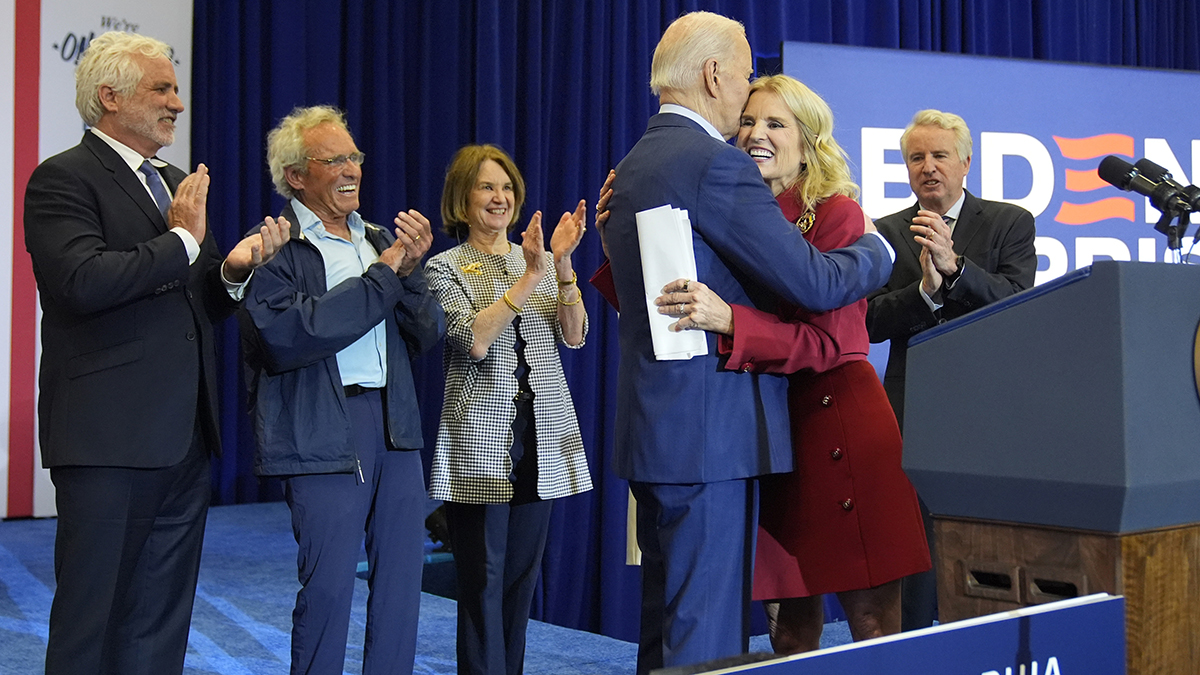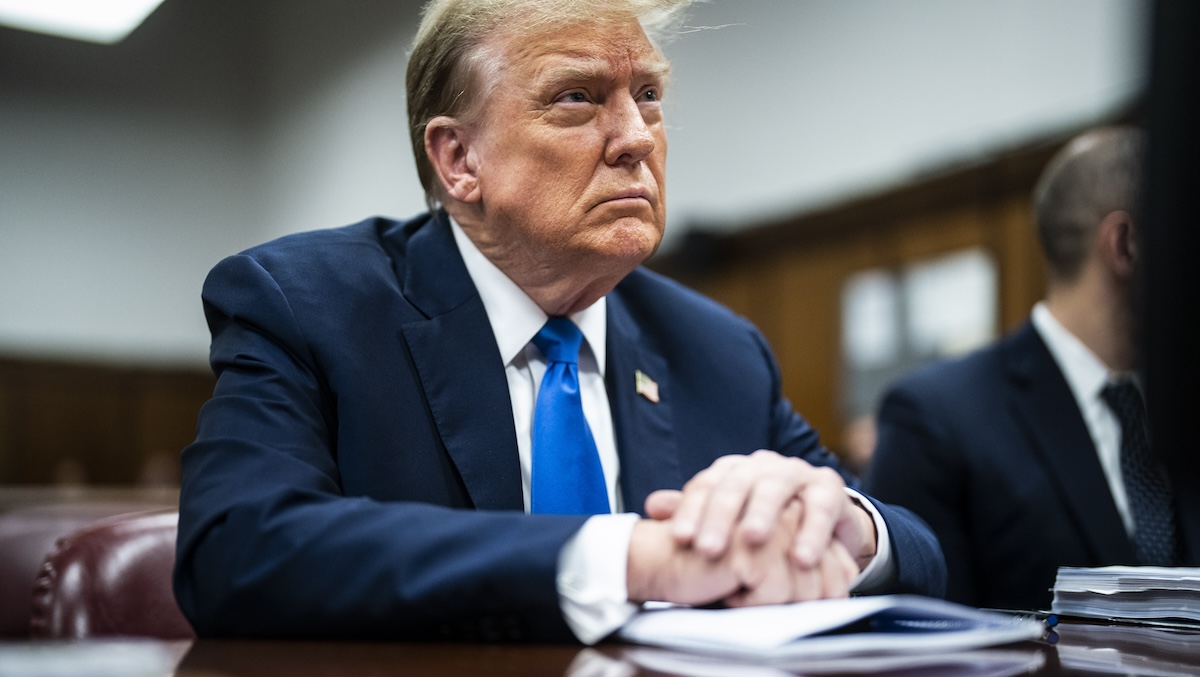Six years ago, George Allen wasn't gulping down a quick lunch and dishing up his homespun spiel to the Goochland Republican Women's Club. He was a sitting U.S. senator 1 1/2 years away from a cakewalk re-election and didn't need to.
Or so he thought.
Still rehabbing crippling self-inflicted injuries to his all-star political career from his 2006 defeat, Allen is reprising the underdog role that made him governor in 1993. His nonstop road show to win back the seat lost to first-time candidate and Democrat Jim Webb is more typical of a campaign's final weeks than an election that's 17 months away.
The ghosts of the derogatory term ``macaca'' and other gaffes that brought Allen low five years ago have dissipated, at least among some voters. Others will never forgive him. But some political observers don't think Allen's gaffes then will define his race now.
This much, however, is certain: Allen is mindful of his Pro Football Hall of Fame father's primary commandment: never underestimate your opponent.
``My father used to say, `Winning is the science of being totally prepared.' In fact, I just wrote it on this folder. Preparation matters. You focus and take nothing for granted,'' a reflective Allen said in an interview last week.
He's most comfortable battling the establishment, not defending it as he was in his loss to Webb.
Politics
Political news from the U.S. Capitol, White House and around Washington, D.C., Maryland and Virginia
That was true in the regimented campaigns he waged and won in 1993, when he defeated a heavily favored Democratic attorney general, and again in 2000, when he unseated two-term Democratic U.S. Sen. Chuck Robb.
Allen's get-tough conservatism made him a landslide winner in the governor's race and allowed him to swiftly enact his pledge to abolish parole and reform welfare.
He became the poster boy for years of subsequent GOP gains that, with his 2000 Senate victory, put Republicans in total control of every statewide office and institution of government for the first
time in Virginia.
Then came six years in the clubby, stuffy Senate -- an institution that Allen once complained ``moves at the pace of a wounded sea slug.'' Bound by the duties of office and his presidential ambitions, Allen saw less of Virginia and Virginians saw less of him.
Close, longtime advisers like Mike Thomas and Betsy Beamer largely watched from the sidelines as a team of outsiders, hired with an eye toward a White House run and with scant Virginia
experience, stumbled through Allen's 2006 race.
Allen also was in the uneasy posture of defending Republican President George W. Bush's unpopular war in Iraq against an effective and articulate critic of it in Webb, a former Reagan
Republican and decorated Marine veteran of the Vietnam War. Webb won by 9,000 votes.
Now, Beamer, Thomas and others are back at Allen's side.
``When you lose, you learn,'' Allen said. ``You get knocked down, you get back up. And this campaign, we've gotten people involved who know Virginia.''
As if to atone for 2006's lethargy and lapses, Allen keeps a dizzying itinerary of speeches to GOP and conservative groups. May opened with a Winchester dinner, a Spotsylvania ``pig-pickin','' a
Dutch-treat Lynchburg lunch and a midday gaggle with Goochland's GOP women in pastoral Manakin-Sabot.
This week takes him to Staunton, Lexington, Roanoke, Franklin County, and again to Lynchburg.
He never mentions his primary opponents from the party's right, even as he burnishes his own conservative rhetoric, condemning a Democratic Senate and president for the runaway federal debt, energy policies he says stifle domestic production and taxes that put American business at a disadvantage in a global economy.
``They just continue to ignore the voices and values and aspirations of the people of Virginia,'' Allen said.
That sounds like what his Republican rivals for the nomination say about him.
``If you don't want to go back to business as usual -- voting for trillions in new debt as Senator Allen did -- then vote for me,'' said Virginia tea party leader Jamie Radtke.
E.W. Jackson, a black minister from Chesapeake, said Allen ``comes out of an establishment approach, and people are in no mood for establishment thinking. Frankly, they want revolutionary
thinking.''
Allen will always bear the stain of a slur he applied to a young Webb campaign tracker of Indian descent as he videotaped an Allen event. Allen said he and his family endured taunts, derision and
ridicule long after the election.
``It taught me I have to be a more disciplined candidate,'' Allen said. ``I would never want to subject our family to that again.''
Those gaffes, however, will be old news this time around, said Robert D. Holsworth, a retired political science professor and now a political blogger and consultant.
``There are a lot of voters who weren't even here in 2006,'' he said.
For some, forgiveness will be hard but perhaps not impossible, said Ray Boone, publisher of the Richmond Free Press, a weekly newspaper tailored to a black audience in Richmond.
``It is the kind of statement that will not be easily expunged from the minds of people who have been talked about negatively in that manner,'' Boone said. ``But there can be some results if a
candidate goes out to the electorate and makes the case and admits he was wrong, and I think he has done that.
``There will be some believers.''
Bob Lewis has covered Virginia government and politics since 2000.



